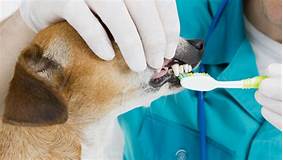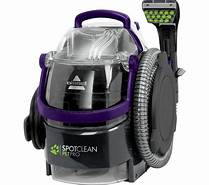Does Standard Pet Insurance Cover Dental Cleanings?
Dental care is an important part of keeping your pet healthy, but it can also be expensive. If you're wondering whether standard pet insurance covers dental cleanings, the answer is typically no.

What Does Standard Pet Insurance Cover?
Coverage for pets varies from provider to provider, but most standard pet insurance policies cover the following:
1. Accidents: This includes injuries caused by accidents, such as being hit by a car or falling from a height.
2. Illnesses: This includes illnesses such as cancer, diabetes, and kidney disease.
3. Surgeries: This includes surgeries performed to correct injuries or illnesses.
4. Prescriptions: This includes medications prescribed by a veterinarian.
5. Diagnostic tests: This includes tests such as X-rays and blood tests.
Why Isn't Dental Cleaning Covered?
1. Dental cleanings are considered preventive care, not medical treatment. This means that they're typically not covered by pet insurance policies because they're not considered to be necessary for the pet's health.
2. Dental cleanings are relatively inexpensive compared to other veterinary expenses. The average cost of a dental cleaning is around $200, while the average cost of a surgery can be thousands of dollars.
3. Dental cleanings are not always necessary. Some pets may only need a dental cleaning once or twice a year, while others may need them more frequently.
How Can I Cover Dental Cleanings for My Pet?
1. Purchase a pet insurance policy that includes dental coverage. There are a number of pet insurance providers that offer dental coverage as an add-on to their standard plans.
2. Pay for dental cleanings out of pocket. If you don't want to purchase pet insurance, or if your pet insurance policy doesn't cover dental cleanings, you can pay for them out of pocket.
3. Ask your veterinarian about a dental payment plan. Some veterinarians offer dental payment plans that allow you to make monthly payments for your pet's dental care.
How Can I Prevent Dental Problems in My Pet?
1. Brush your pet's teeth regularly. This is the best way to remove plaque and tartar from your pet's teeth and prevent gum disease.
2. Feed your pet a healthy diet. A healthy diet will help to keep your pet's teeth and gums healthy.
3. Avoid giving your pet sugary treats. Sugary treats can damage your pet's teeth and lead to cavities.
4. Take your pet to the veterinarian for regular checkups. Your veterinarian can check your pet's teeth for signs of dental problems and recommend a treatment plan if necessary.
Declaration: All article resources on this website, unless otherwise specified or labeled, are collected from online resources. If the content on this website infringes on the legitimate rights and interests of the original author, you can contact this website to delete it.



